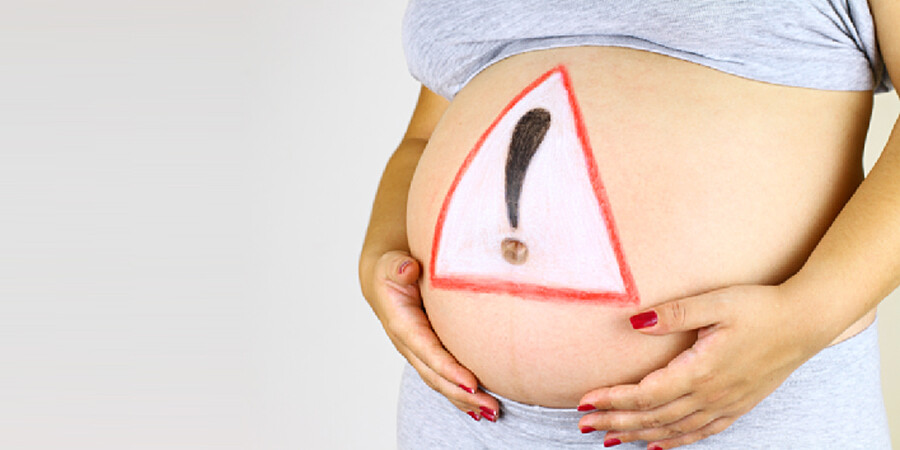
Pregnancy is a natural and beautiful process that can happen to any woman. Psychological and physical changes are observed in women during pregnancy. While there are people who have trouble-free pregnancies, unfortunately, there are also women who have problematic pregnancies. If there is a condition that will affect both the mother and the baby high risk pregnancy It is called. Risk rate in pregnancies, low risk pregnancy, high risk pregnancy and divided into 3 different categories under the name of high-risk pregnancy. Low-risk pregnancies are known as miscarriage risks. There are no negative results in the health tests performed on the parent.
This condition is more common in high-risk pregnancies, pregnancies at an early age, or in pregnancies over the age of 35. Expectant mothers who experience conditions such as hypertension, kidney disease, sexual diseases, diabetes, and heart problems before pregnancy are likely to have a risky pregnancy during their pregnancy. People who have had a miscarriage before, had risky previous pregnancies, and have a family history of risky pregnancies are likely to have a problematic pregnancy. It is also important for a pregnant person to have a healthy diet throughout her pregnancy. high risk pregnancy It is important for the possibility.
Causes of Risky Pregnancy
Problems occurring during pregnancy, high high risk pregnancy known as problems.
Situations such as multiple pregnancy, bleeding, water breaking, threat of premature birth, danger of miscarriage, short cervix, pregnancy poisoning, drug use during pregnancy, radiation exposure, and gestational diabetes are some of these.
Problems arising from the baby; Situations such as too little or too much water in the baby, differences seen in the fetus, and risk detection in fetal screening tests are among the problems that arise due to the baby.
Those who want to become parents high risk pregnancy In order to prevent pregnancy, they need to have a general health screening before pregnancy occurs. Expectant mothers who have had a miscarriage before should consult with a specialist doctor and carry out their next pregnancy under medical supervision.


